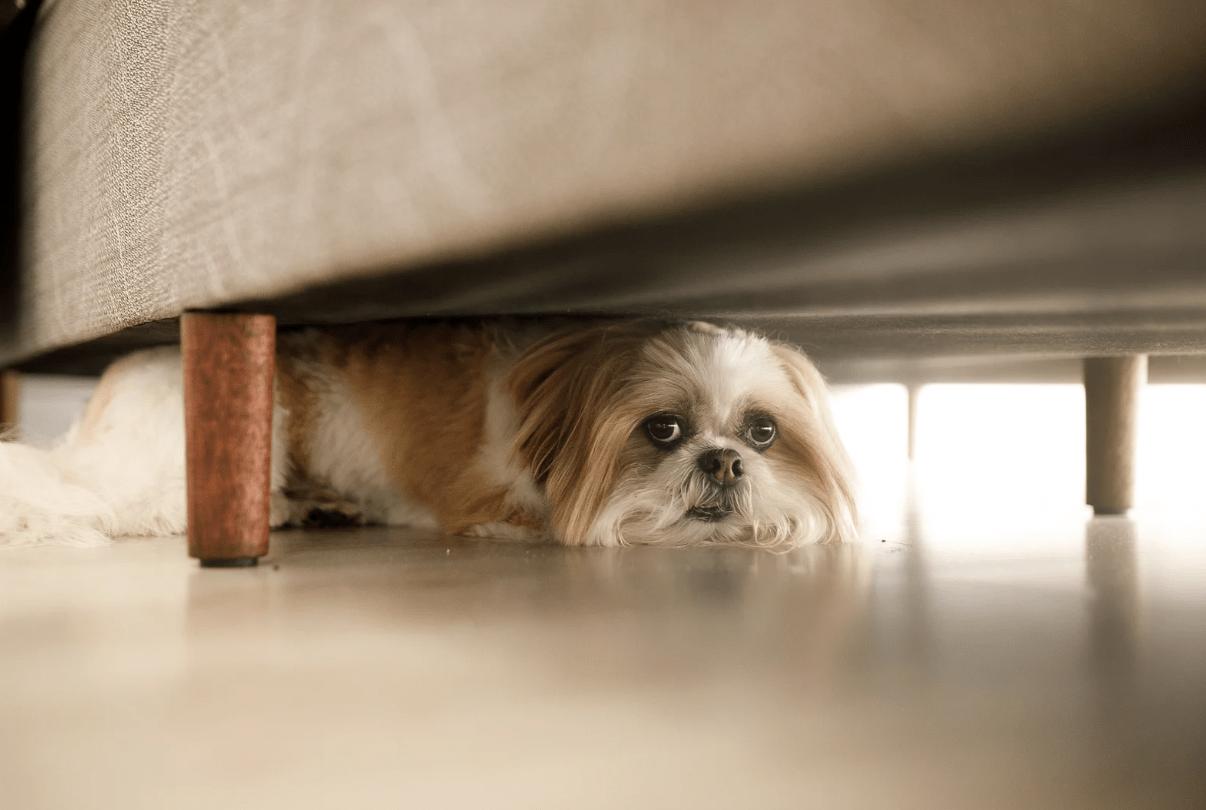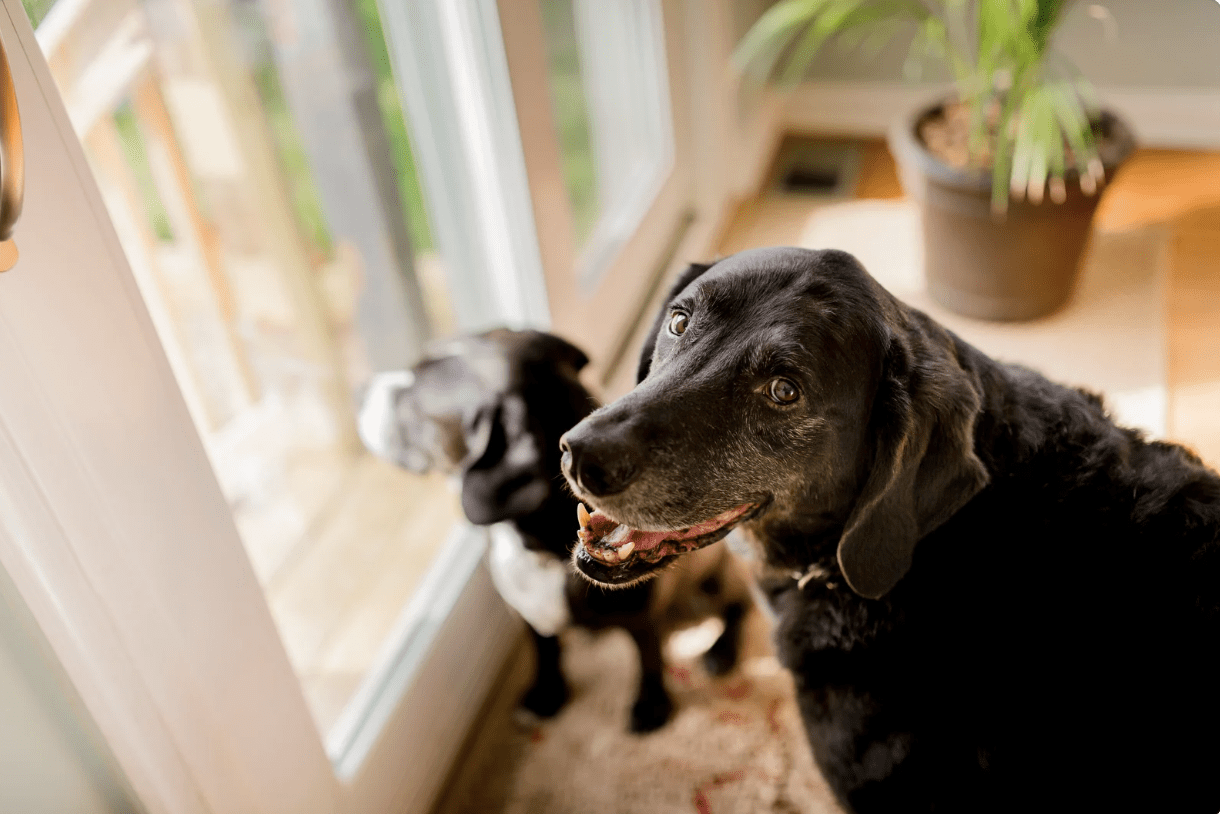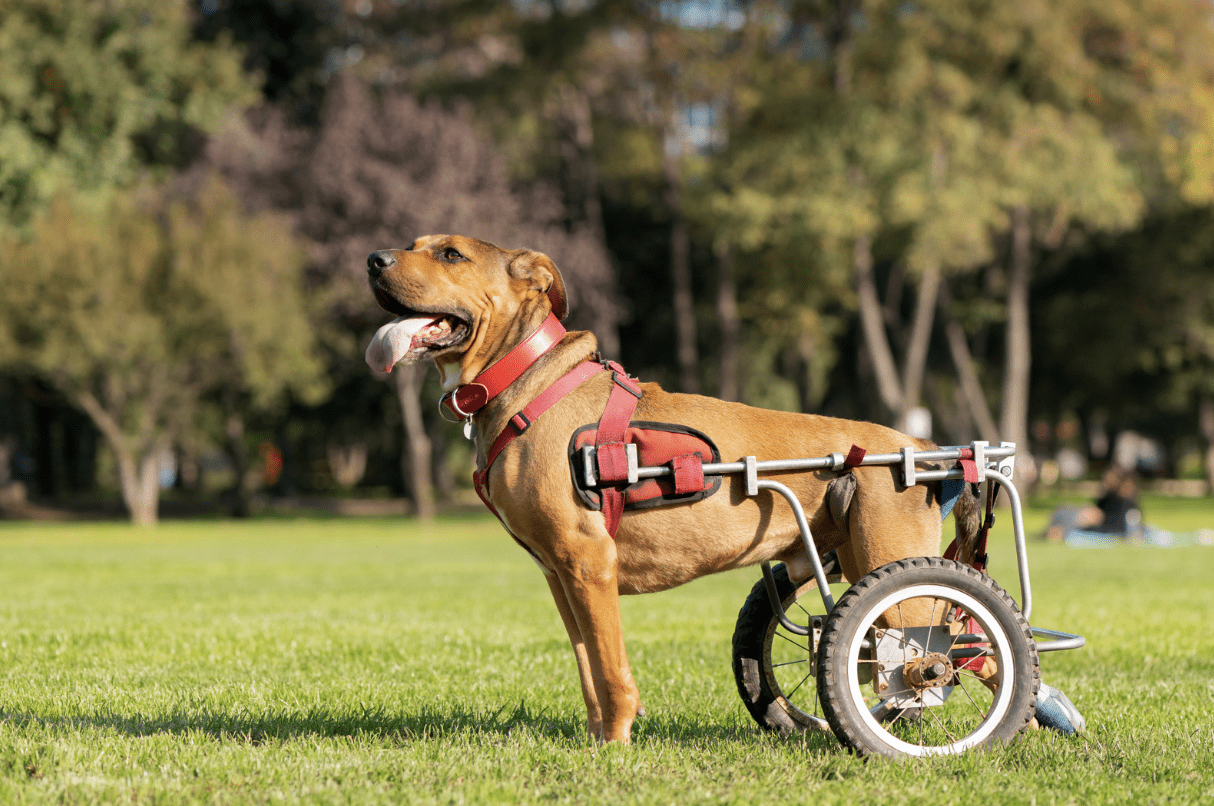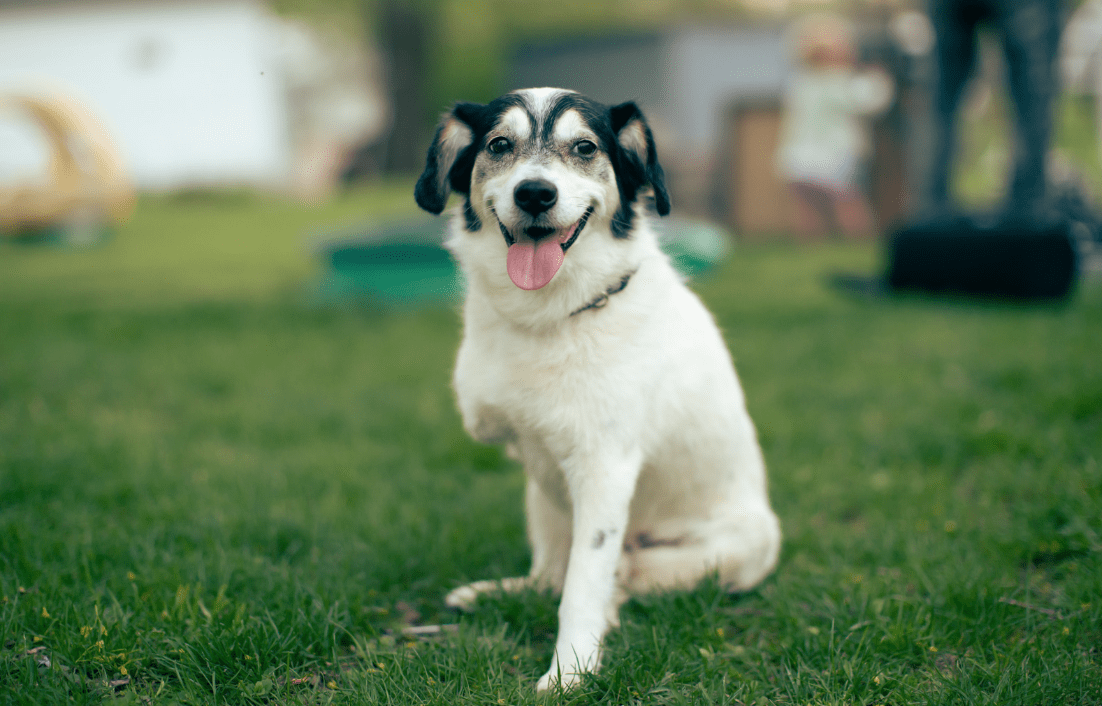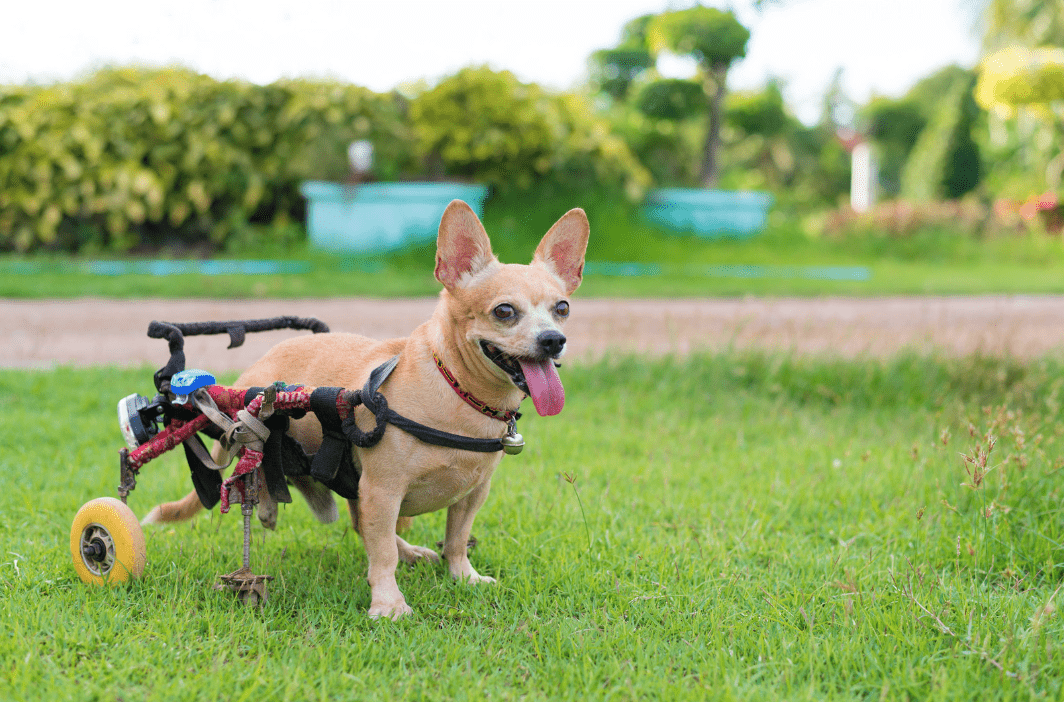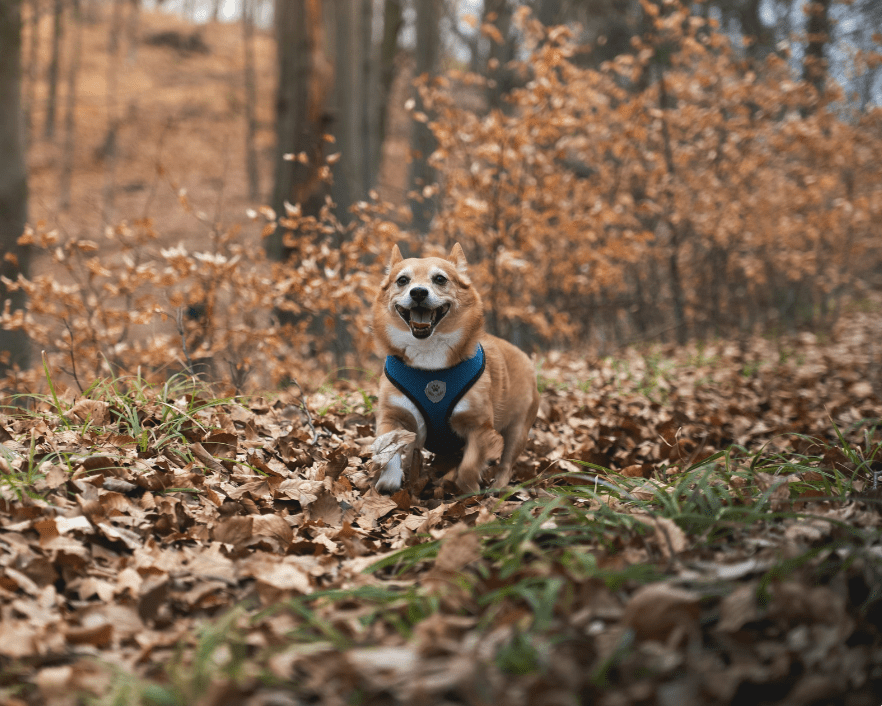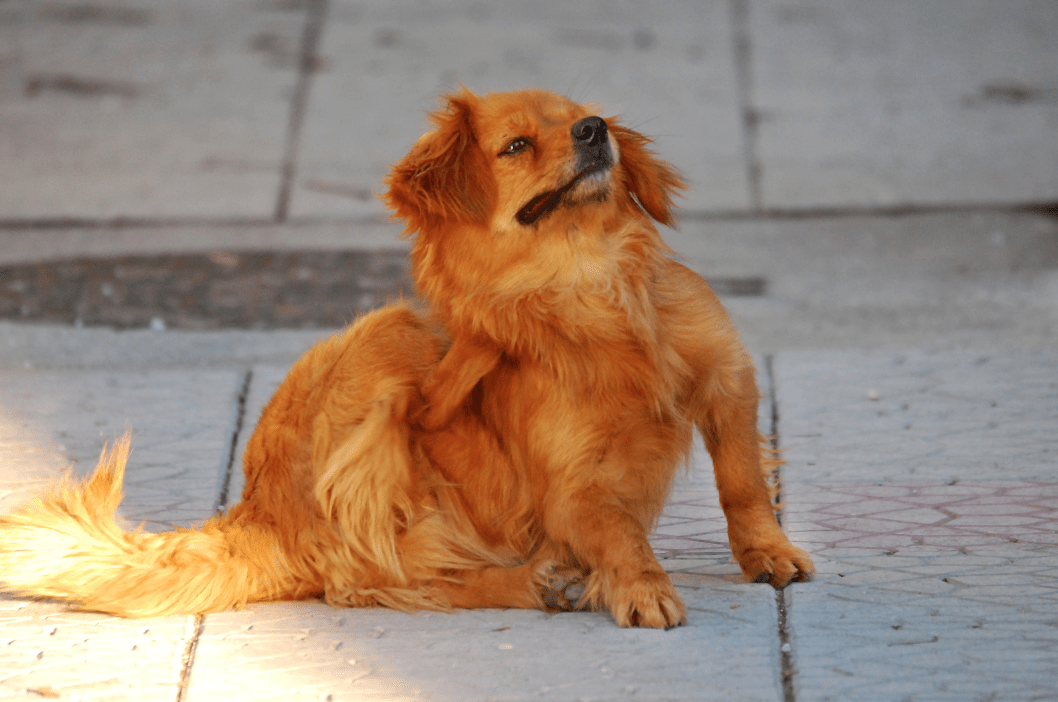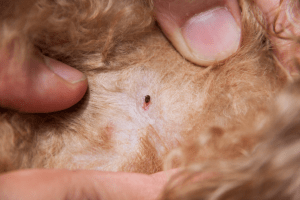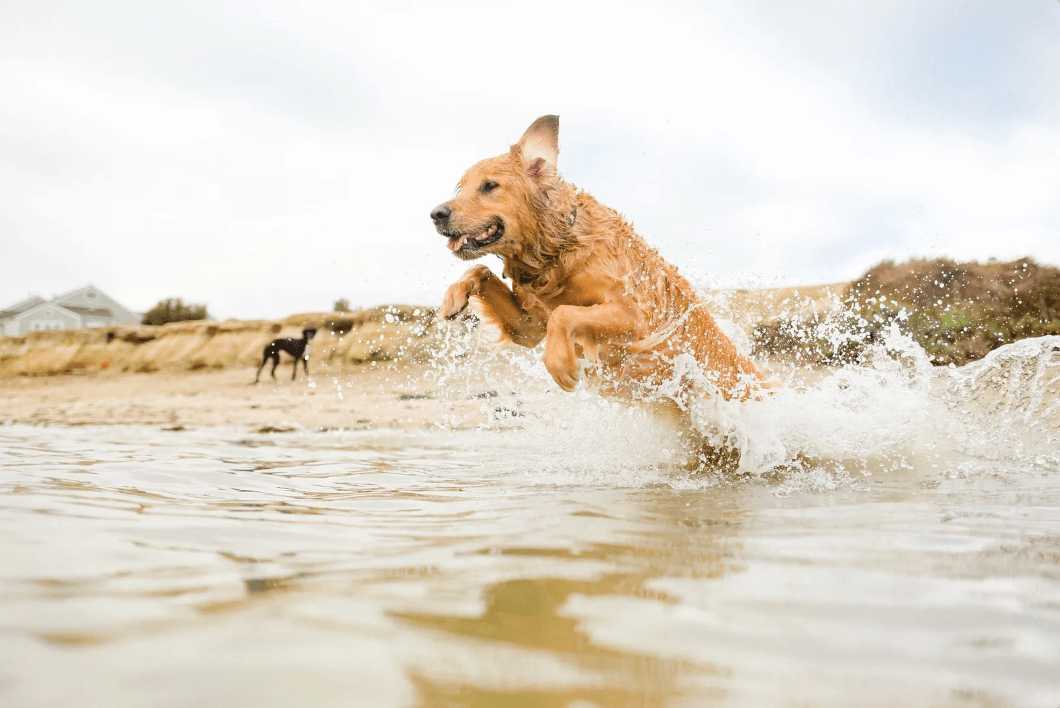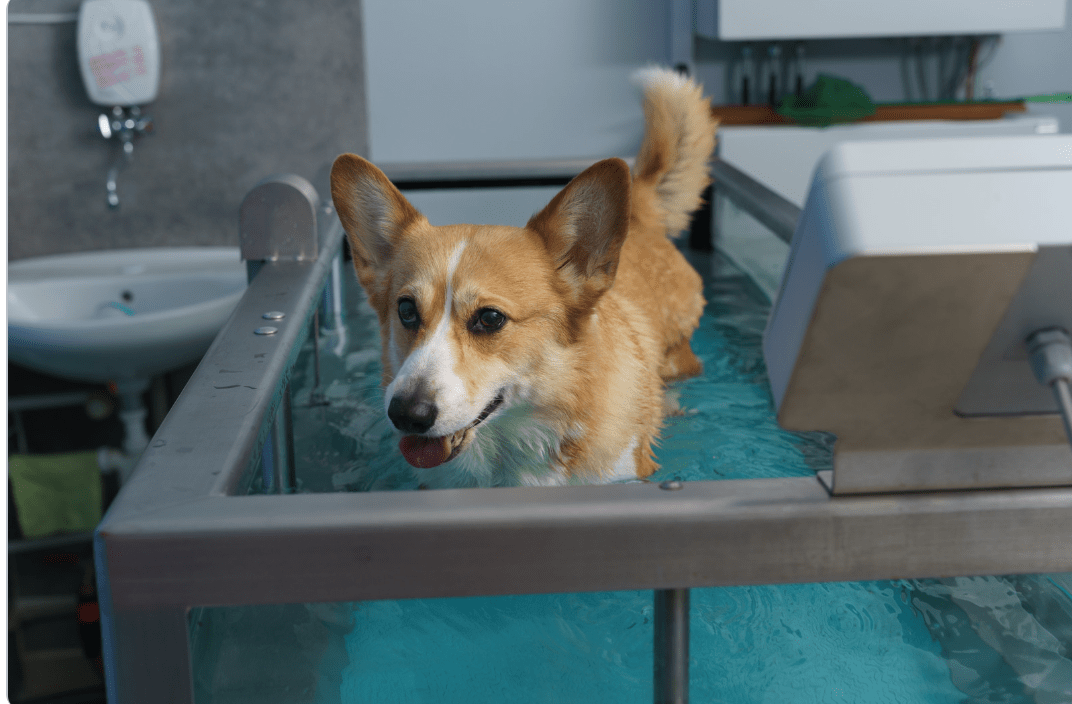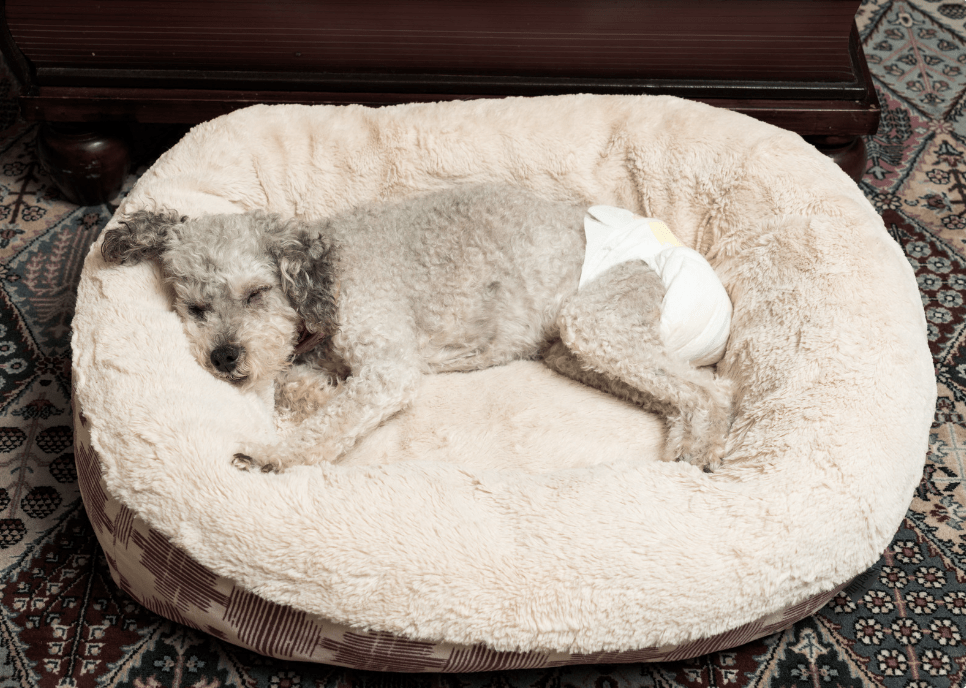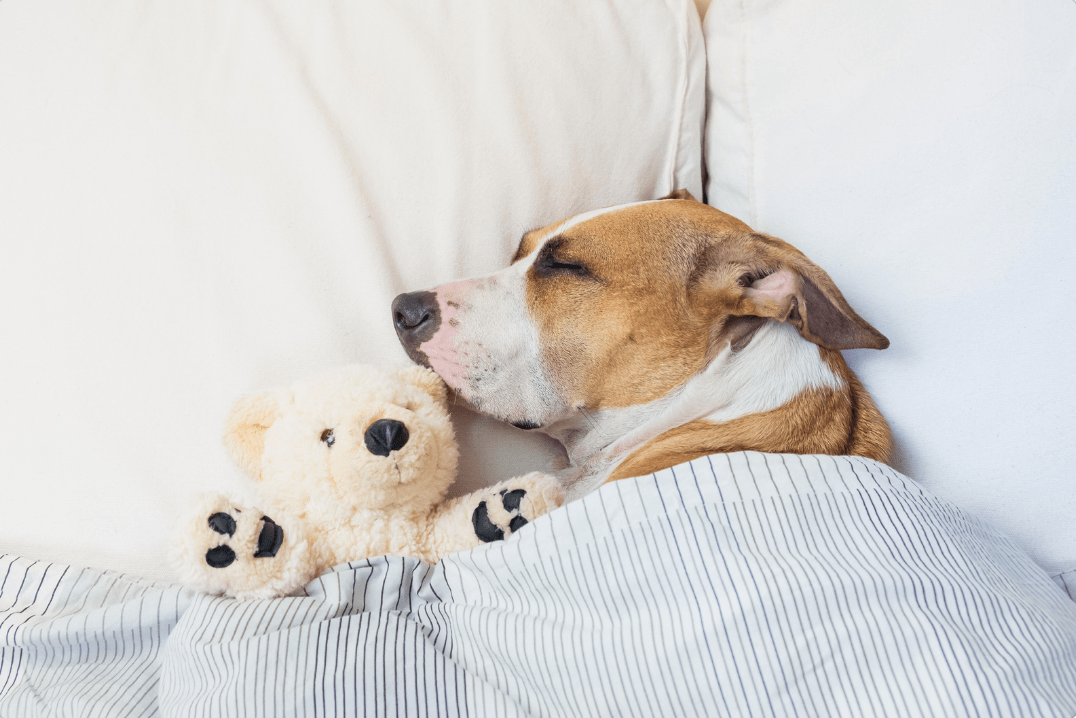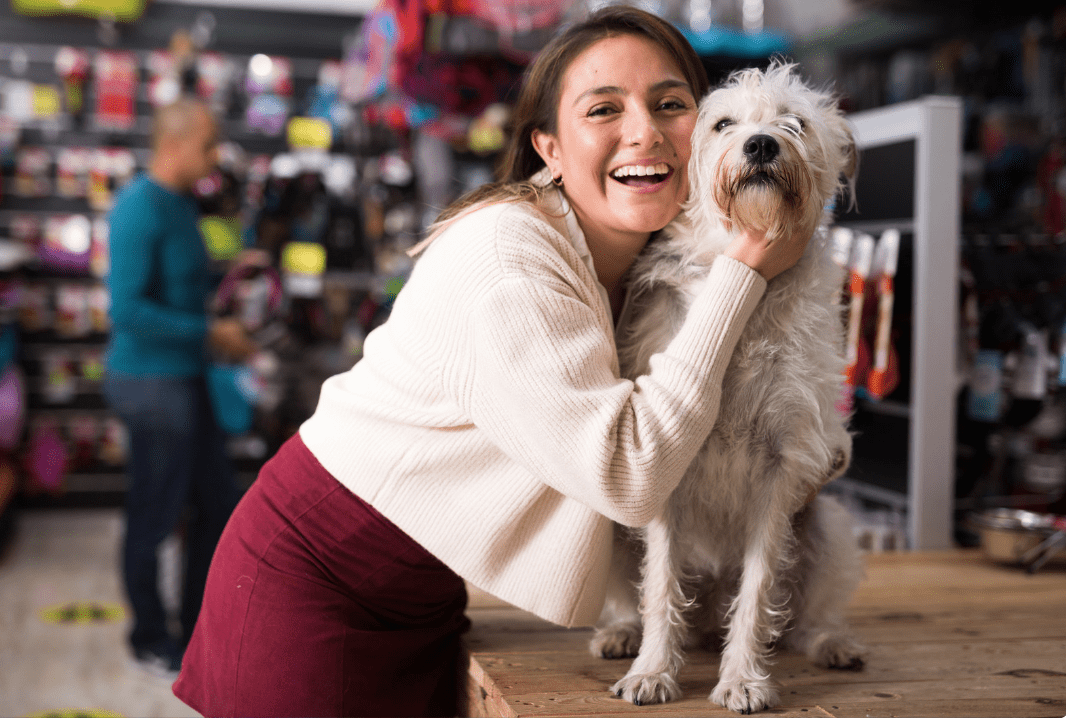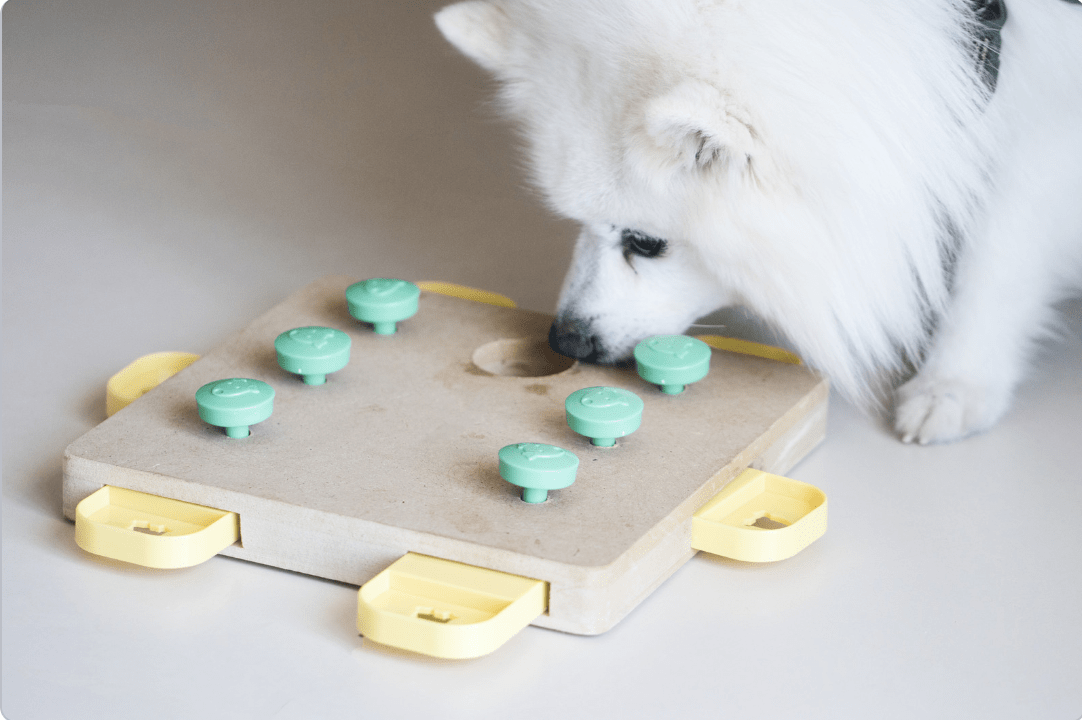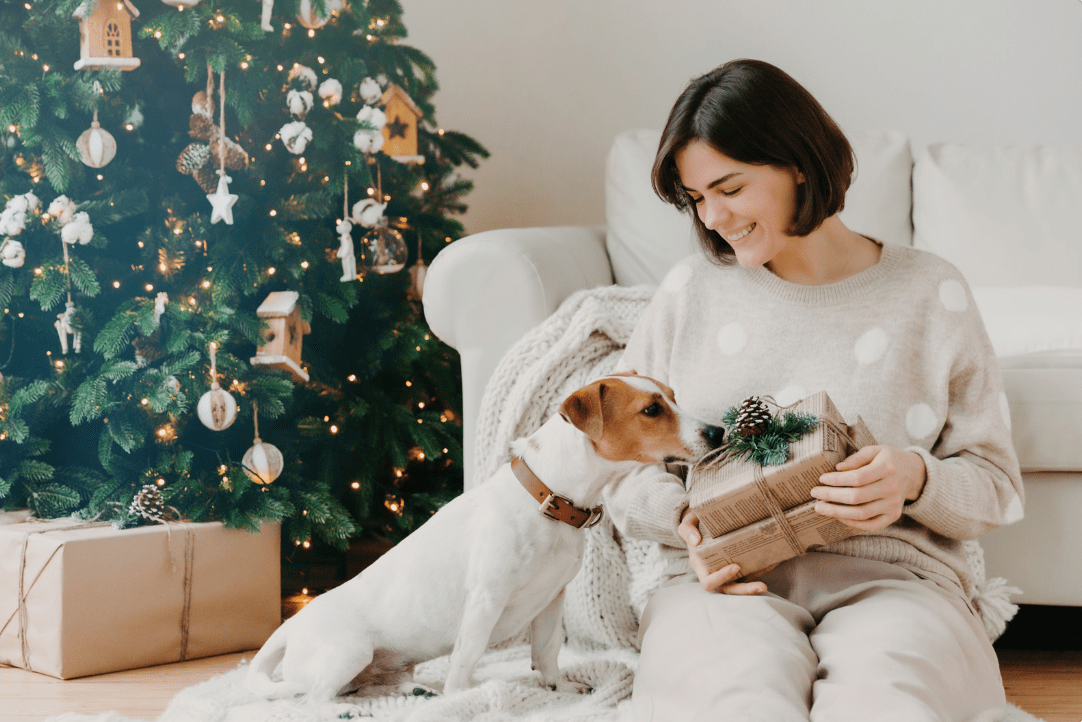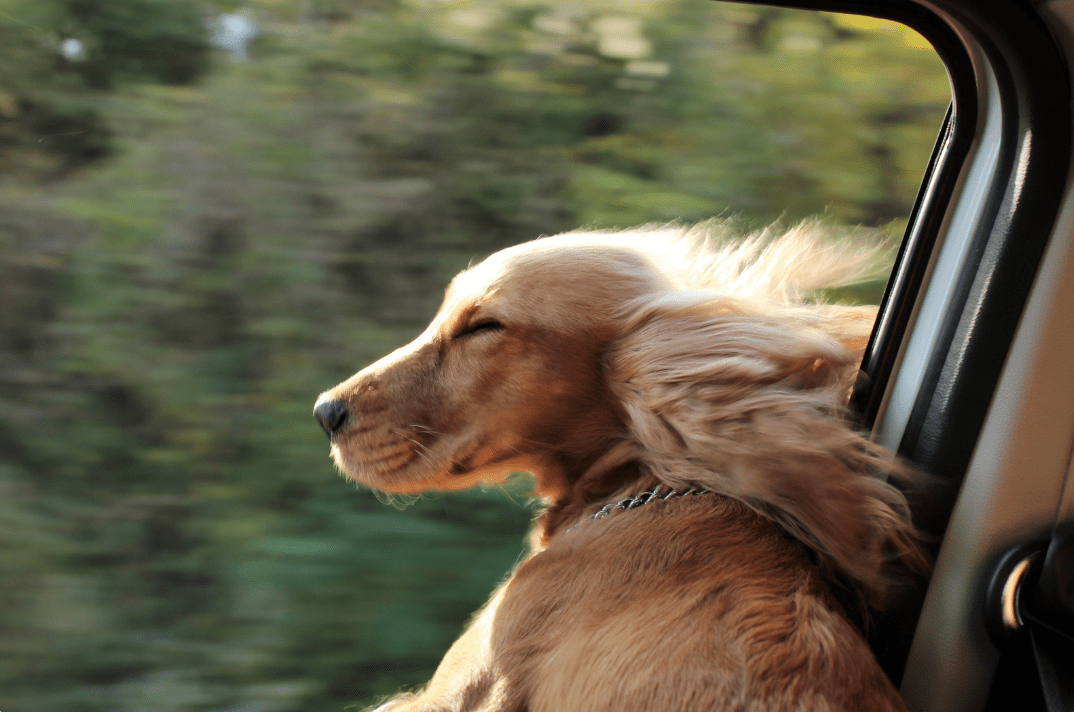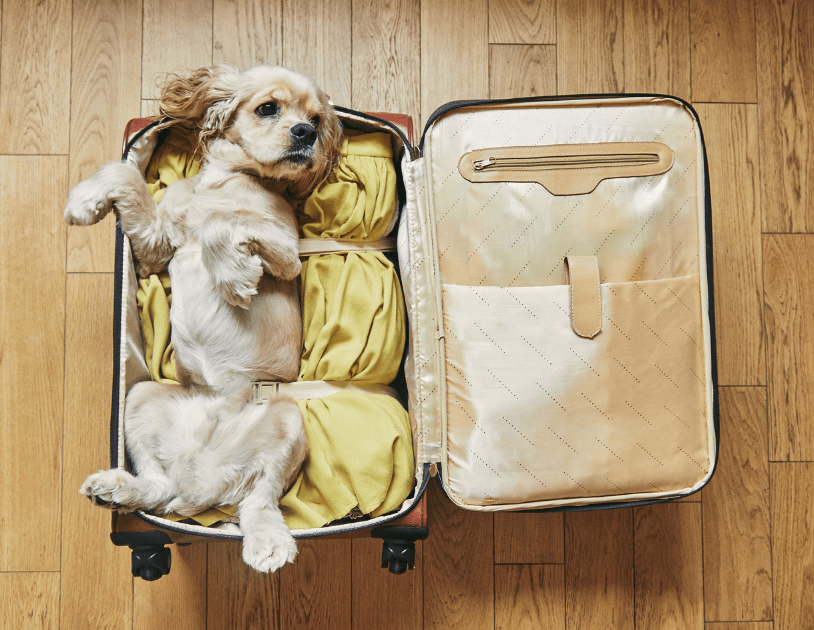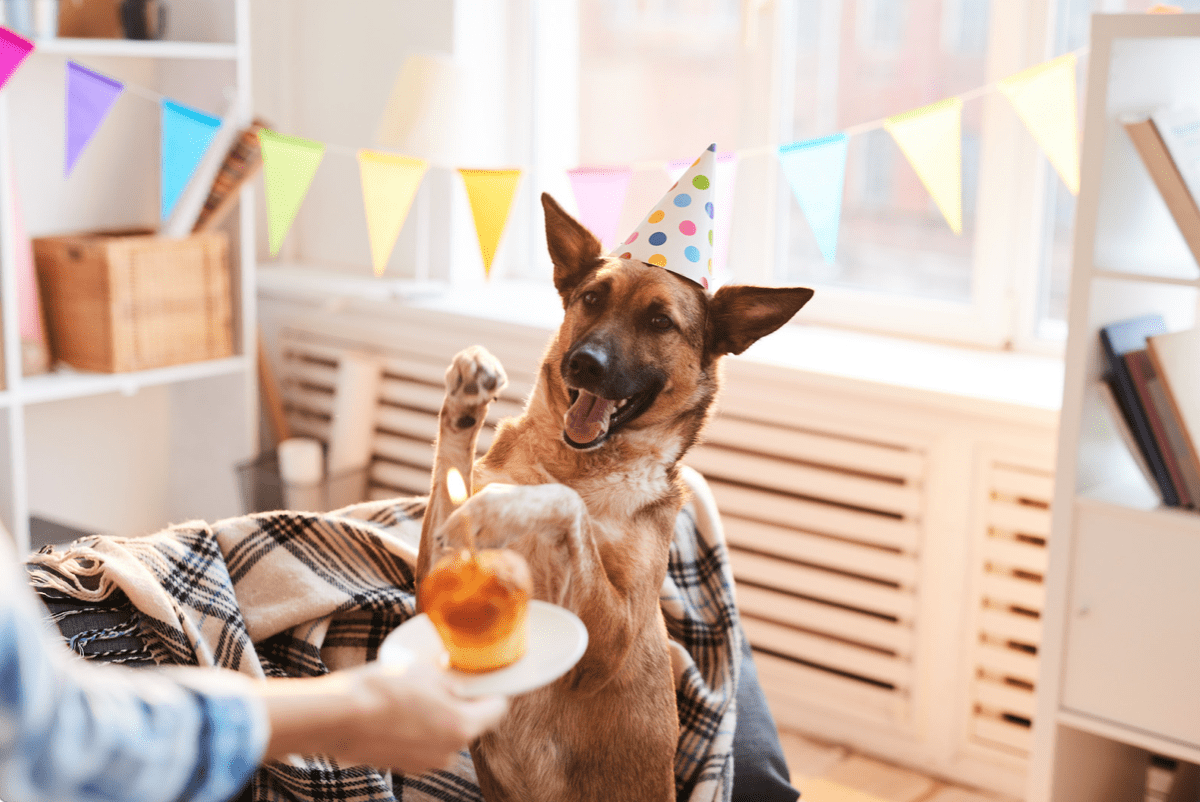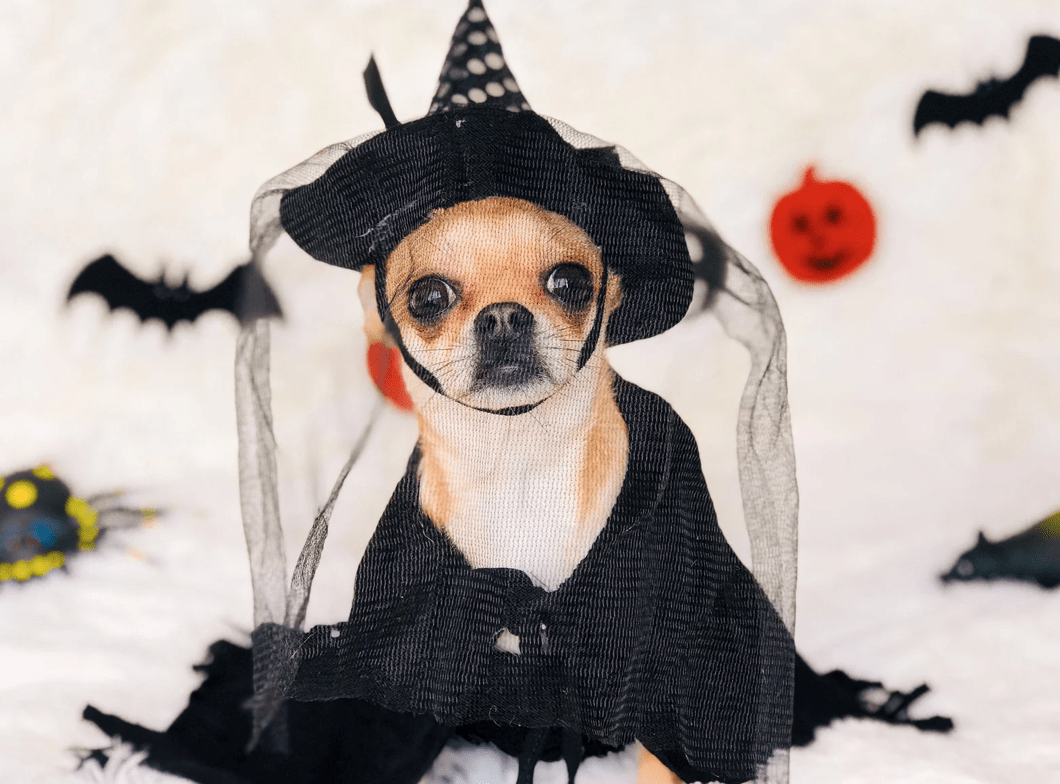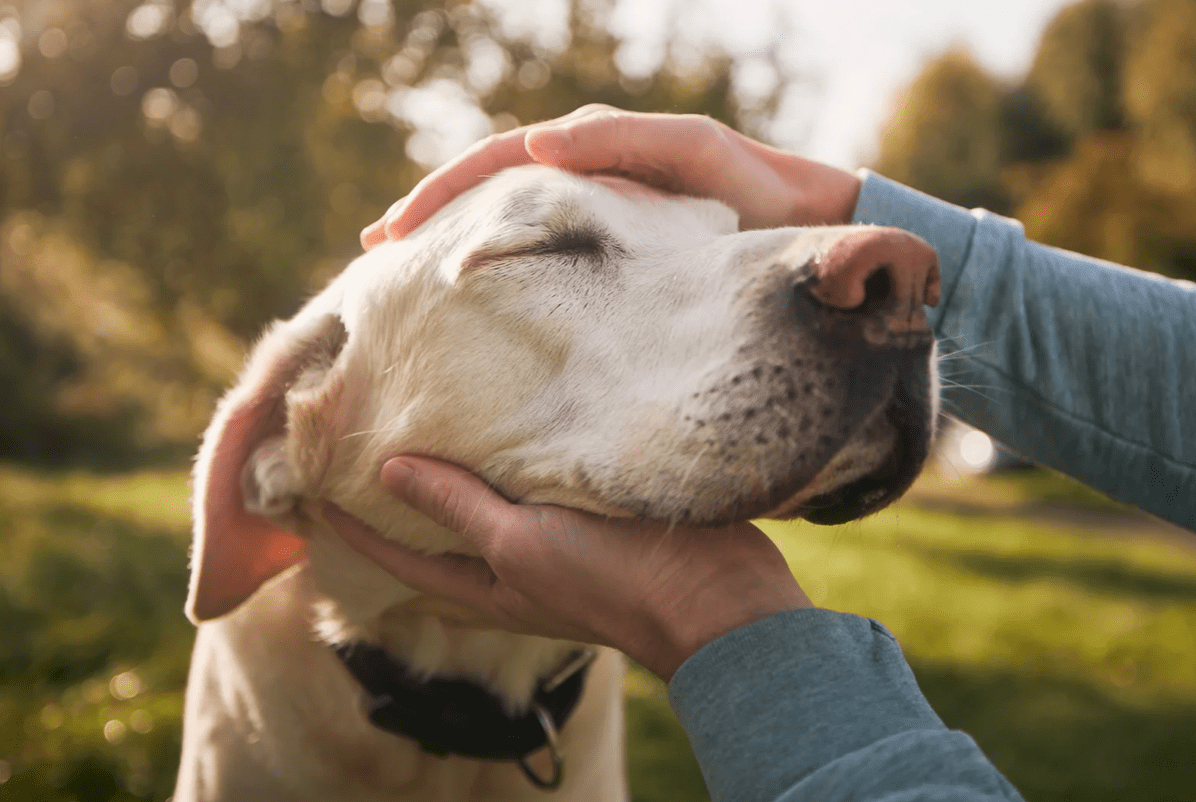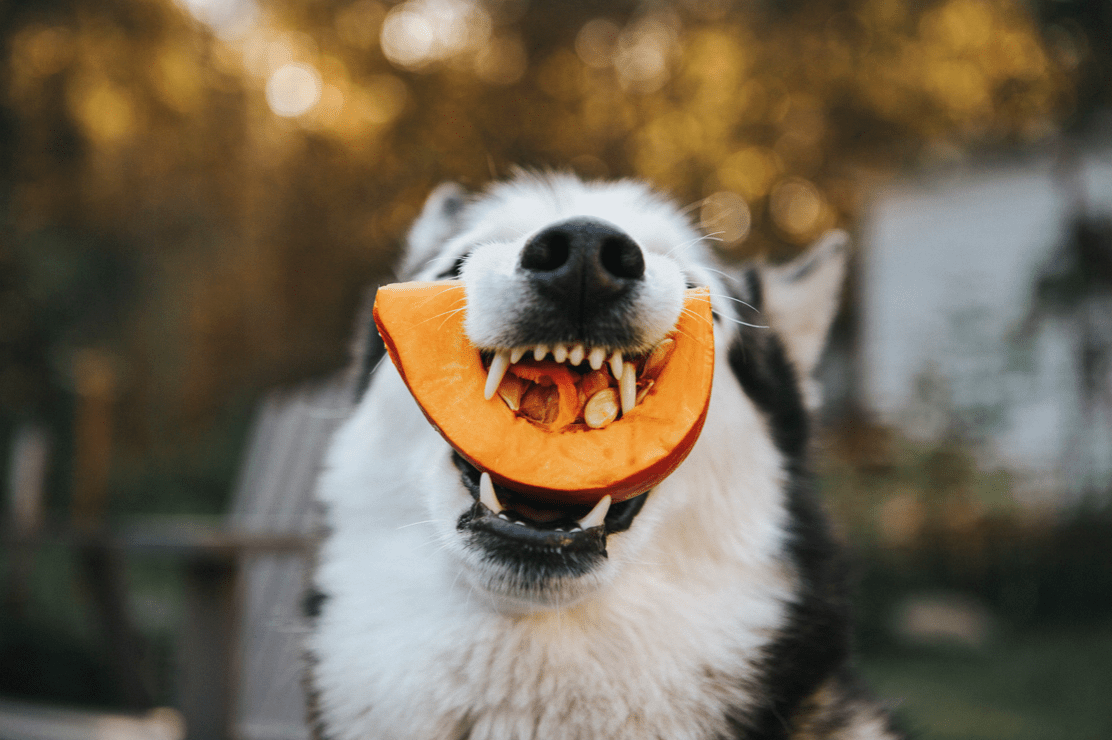How to Build Confidence in Anxious or Neurodivergent Dogs
Welcoming an anxious or neurodivergent dog into your home is a deeply rewarding experience. Whether your pup is shy due to past trauma, struggles with overstimulation, or processes the world a little differently, your patience and intentional support can help them blossom.
Building confidence in these dogs takes time, compassion, and consistency. Here’s how you can help your sensitive companion feel safe, secure, and empowered to explore the world at their own pace.
Start with Safety and Predictability
Confidence begins where safety is felt. Anxious or neurodivergent dogs thrive in calm, structured environments with consistent routines.
- Set up a quiet, designated safe space where your dog can retreat without interruption.
- Stick to a predictable schedule for meals, walks, and potty breaks to reduce uncertainty.
- Minimize sudden changes and loud noises, especially early on.
Let your dog know what to expect — and that they can always count on you.
Let Them Set the Pace
Rushing introductions, walks, or training sessions can overwhelm a sensitive dog. Instead, let your dog take the lead — literally and figuratively.
- Allow choice whenever possible: Do they want to sniff? Pause? Retreat? Let them.
- Use decompression walks (in a quiet area) to reduce stress and allow natural behavior.
- Introduce new people, places, or dogs gradually, and only when your dog shows signs of curiosity or readiness.
Empowerment builds confidence — and that starts with honoring your dog’s boundaries.
Celebrate Small Wins
What looks like a tiny step to you may be a huge leap for your dog. Did they go up a staircase for the first time? Approach a stranger’s hand? Tolerate a grooming session? Celebrate that.
- Use treats, praise, or play to positively reinforce even the smallest accomplishments.
- Keep sessions short and end on a success.
- Avoid punishment-based training methods, which can damage trust and increase fear.
Consistency and positive reinforcement will lay the foundation for real growth.
Use Enrichment to Build Resilience
Mental stimulation can help rewire the brain and reduce anxiety over time. Engaging your dog’s senses and instincts builds confidence through fun, low-pressure experiences.
- Try food puzzles, snuffle mats, or slow feeders.
- Rotate toys and textures to keep things new but not overwhelming.
- Encourage gentle exploration with scent games or simple obstacle courses.
Enrichment provides a sense of agency and achievement — both powerful confidence boosters.
Teach Useful Skills Through Cooperative Care
Confidence can grow through shared experiences that build trust. One of the most effective tools is cooperative care — training your dog to actively participate in their own grooming and health routines.
- Teach “chin rest” or “touch” to make vet visits or nail trims less stressful.
- Practice desensitization to harnesses, leashes, and brushing.
- Make it a two-way street: talk to them about what you’re doing (they understand more than you think), watch for stress signals, and adjust accordingly.
When dogs feel they have some control over their bodies, they begin to trust — and trust leads to confidence.
Advocate for Them in the World
Anxious or neurodivergent dogs may be misunderstood as “difficult,” “aggressive,” or “antisocial.” But as their person, you know better – and your advocacy matters.
- Gently educate friends, family, or strangers about your dog’s needs and limits.
- Use tools like “Do Not Pet” vests, yellow leashes, or stickers to communicate clearly in public.
- Skip environments that are too overwhelming, and don’t feel guilty about saying no to social invitations that aren’t a good fit.
Confidence grows when your dog learns that you’ll protect them — always.
Seek Professional Help When Needed
Sometimes, confidence-building requires a team. Don’t hesitate to consult with:
- Force-free trainers experienced in reactivity, anxiety, or neurodivergence.
- Veterinary behaviorists for dogs with deeper neurological or emotional needs.
- Specialized therapists offering desensitization or counterconditioning protocols.
Asking for help is not failing. It’s a step toward long-term success.
The Gift of Confidence
Helping an anxious or neurodivergent dog become confident isn’t about fixing them – it’s about meeting them where they are and showing them they’re safe, valued, and loved just as they are.
Over time, you’ll witness incredible transformations: the dog who once hid from the world now meets it with curiosity, tail wagging and heart open. And there’s nothing more beautiful than that.
Looking to adopt or foster a dog who needs a little extra support? At Unconditional, we specialize in senior and special needs dogs – including those who need help building confidence. Learn more about our work or meet our adoptable dogs HERE.

